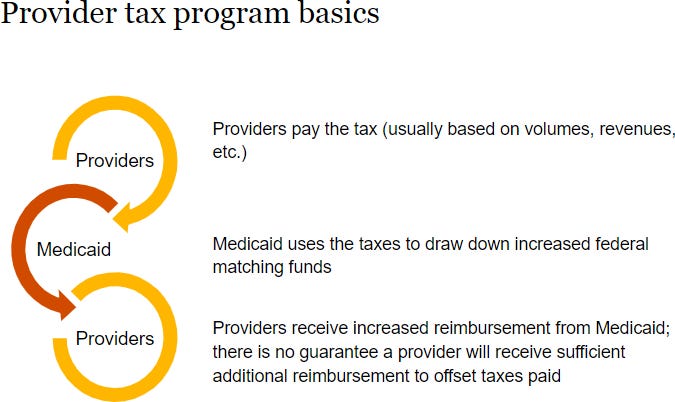The One Big Beautiful Bill Act (its official name) or OBBBA has not yet been passed by the Senate so there is still time to call Senators Cornyn and Cruz. The majority leadership hopes to pass the bill by July 4. If it passes the Senate, it likely will go back to the House, so your U.S. Representatives need to hear from you immediately too!
Our greatest weakness lies in giving up. The most certain way to succeed is always to try one more time.
– Thomas Edison
To recap:
The effects of this bill are drastic and wide-spread, impacting SNAP and other food programs, mandating the sale of public lands, adding billions in new spending for ICE, doing away with environmental incentives, and slashing spending on health care, to name but a few. The effects on health care alone would:
Terminate coverage for millions of Americans, largely by forcing eligible people to drop out of coverage due to new bureaucratic burdens in enrollment paperwork.
Make it harder to get and stay on coverage in the ACA marketplaces.
Significantly restrict state use of provider taxes, a key tool for financing the state share of Medicaid.
Prohibiting federal Medicaid and CHIP funding for gender affirming care to minors.
Rescind Medicaid rules that keep nursing home residents safe.
At particular risk are rural hospitals and other health care providers who serve the most vulnerable and rely most heavily on Medicare funding.
For a deeper dive into the OBBBA and ideas for action watch this webinar.
Some good news.
Thanks to the Byrd Rule, a Senate rule that limits the content of reconciliation bills, yesterday the Senate Parliamentarian rejected key provisions in the bill to cut Medicaid spending. In particular, her ruling rejected a plan to cap states’ use of health care provider taxes to collect more federal Medicaid funding. This is a significant set back for the bill because, if forced to remove all the provisions that the Senate Parliamentarian has ruled against, it would eliminate more than $500 billion of the bill’s intended spending cuts, according to the New York Times.
What does this mean for Texas?
The federal government is legally required to help fund Medicaid. One key way the federal government does this is through matching funds from states. In Texas, our state-funded portion comes in large part from provider taxes. Provider taxes (aka Local Provider Participation Funds or LPPFs) are fees or assessment on healthcare providers like hospitals, nursing homes, and intermediate care facilities for people with intellectual or developmental disabilities. In Texas, these locally derived funds are used to finance a vast majority of the non-federal share of Medicaid supplemental and directed payments. Without them, Texas would have to find other revenue to draw down federal Medicaid dollars or cut Medicaid services. The OBBBA seeks to cap the use of these state taxes as a way to decrease its share of spending on Medicaid and pass more responsibility back to the states.
Support for and preservation of the Local Provider Participation Funds (LPPFs) is essential to maintaining the long-term stability of Texas’ health care safety net.
- Texas Catholic Conference of Bishops, 2021
What now?
Call. Call. Call. Talk to friends and urge them to call.
We all have our role to play. As citizens and people of faith, right now our role is to voice our values by calling our Texas Congressional Delegation.
What do I say?
Example: My name is ____, and I am a citizen/resident in Texas. I urge you to vote no on the One Big Beautiful Bill Act. It harms the very things I value most — care for the most vulnerable, the environment, immigrants, and public lands. I vote and so does my community. This bill is bad on so many levels. Please vote NO.
Call your own representative, but also call Reps. Gonzalez, De La Cruz, and Crenshaw even if you do not live in their district. These Republican Representatives are in crucial districts and may be persuadable. Their vote will impact all Texans.
Your call may be the one that impacts all Texans.
Do all the good you can,
By all the means you can,
In all the ways you can,
In all the places you can,
At all the times you can,
To all the people you can,
As long as ever you can.
―John Wesley





